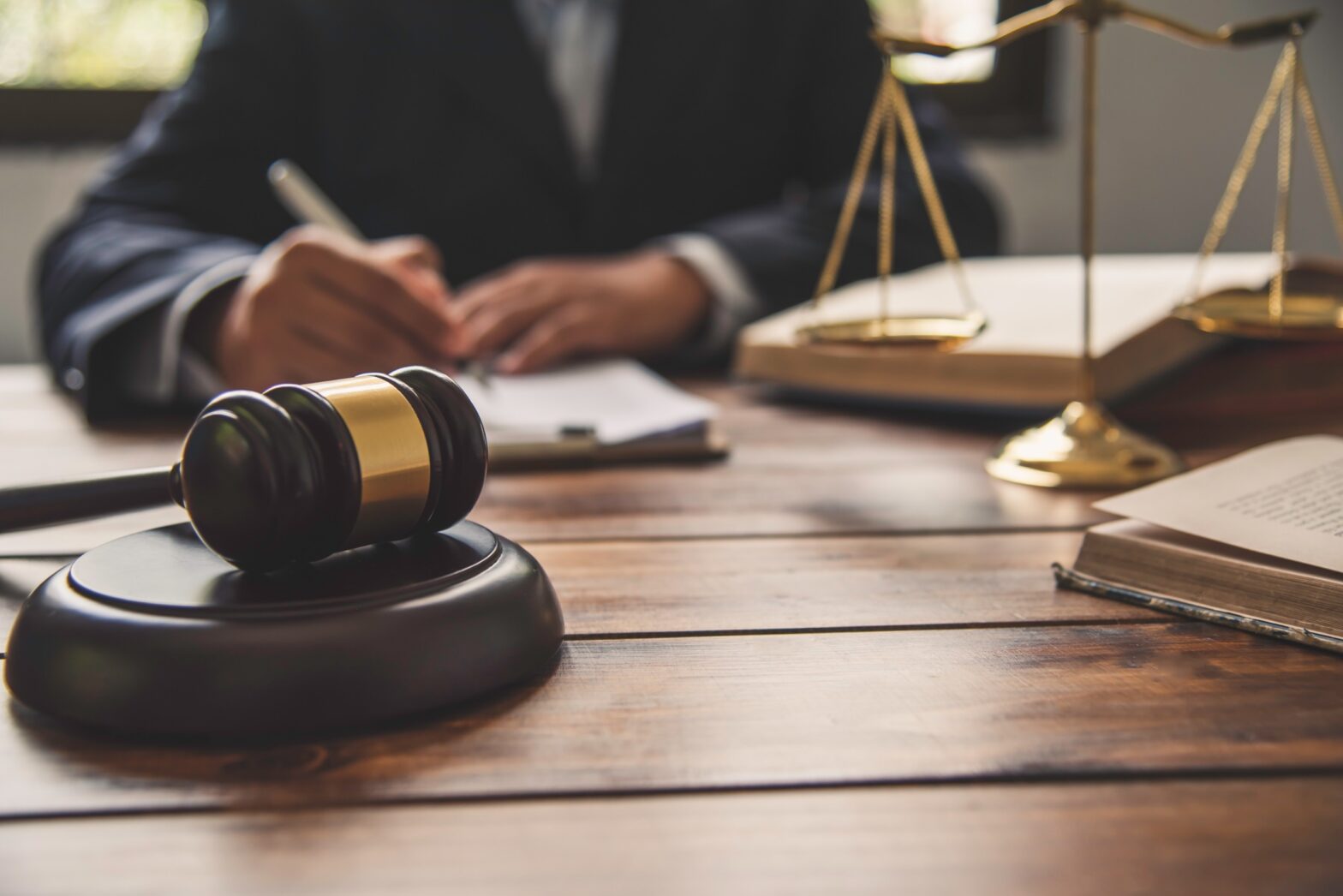
Here is a common scenario, you have fought the good fight, gone through litigation, obtained a Judgment from a Judge or Jury and you won! Congratulations. Now the Defendant should be cutting you a check shortly correct? Chances are if your reading this article you have come to learn that collection from a Judgment is no easy task. Luckily the State of Florida provides Judgment Creditors (that is you) with a framework for this process. This article is meant to provide you with a step-by-step guide for Collecting a Judgment in Florida. Keep in mind that every collections case is different, and that this article is meant to provide an overview of the procedure.
 Step 1: Get a Certified Copy of your Judgment and Record it
Step 1: Get a Certified Copy of your Judgment and Record it
Your Final Judgment should contain the address and social security number of each personal against whom a judgment is rendered along with the address of the Plaintiff. It should also indicate the rate of interest at the time of the judgment. Obtain a certified copy of the Judgment from your Clerk of Court. The certified copy will then give you the ability to record it in official records of the County. This act of recording is what allows you to place a lien on any real property held by the debtor. If your final judgment doesn’t contain the required information regarding address,etc., Florida allows you to file an Affidavit with that information (make sure its signed and notarized) along with your certified copy.
Step 2: Get a Judgment Lien Certificate with the Florida Department of State
The Judgment Lien Certificate can be obtained from the Florida Department of State website, sunbiz.org. You have the option of mailing in the certificate or applying for it online. In addition to the application there will be a minimal fee depending on the number of debtors.
Step 3: Identify Assets Subject to Collection
Only certain assets are subject to Judgment Creditor claims. For an overview of the general categories of exempt assets the debtor may have to protect, click here. In order to find out what your debtor has to offer to satisfy your judgment, the original Court will retain jurisdiction over the debtor to enforce the judgement. You have several options to obtain the information you need regarding the creditor. You may subpoena the individual for a deposition where your attorney can ask them questions aimed at identifying non-exempt assets. Additionally, a judgment creditor in Florida has the ability to serve discovery (written questions).
Step 4: Collection- Writ of Execution or Writ of Garnishment
One of the available ways to satisfy your Judgment in Florida is through identifying and having a law enforcement officer take and sell all non exempt property. This begins with obtaining a writ of execution. This is a document that instructs the Sheriff to take certain property described in the writ. Once you obtain a Writ of Execution from the Court, you need to deliver the document to the appropriate Sheriff’s office. Once provided you will also fill out a Sheriff’s Instruction form that describing the materials to be taken, additionally there will be a fee for the Sheriff’s costs in obtaining the materials and for selling the materials. In Florida, prior to your sale you must check and make sure that no conflicting liens exist. If other liens exist, they are entitled to notice too if they exist. You will also have to execute an affidavit confirming that you indeed did check to make sure that no other liens exist. Once you have the writ, the sheriff instructions, the affidavit, and pay the fee the Sheriff will have the non-exempt property removed and you will become obligated to provide notice of the Sheriff’s Sale directly to the debtor and to provide notice via newspaper once a week for four consecutive weeks. Florida law provides that at the sale, the levied items will be taken and sold to satisfy certain debt priorities as follows: (1) Sheriff costs (so you get your money back) (2) $500 back for your costs (3) Senior priority lien holder (4) then the next lien holder . . . and so forth.
If the debtor doesn’t have sufficient personal property to cover your judgment, in Florida the other option is to also obtain a writ of garnishment. A writ of garnishment is an attempt to recover your judgment from the wages of the debtor. A writ of garnishment requires a fee to the Clerk of Court and must be served upon the garnishee (the debtor) via a Motion for a Writ of Garnishment. Thereafter the debtor has the opportunity to respond to the writ and claim an exception. Assuming that the assets are available for seizure, an Order of Writ of Garnishment can be used to secure funds from third parties, like financial institutions.
Whether your attempting to collect a debt or trying to obtain relief from debt collection, the process and procedure can quickly become very complicated. This article is meant to provide a brief overview of the process. Should you find yourself in need of collecting or defending a collection, contact an experienced attorney to help you.
Brice Zoecklein, Esq. 813-501-5071
Disclaimer: The information contained in this blog/website is for informational purposes only and provides general information about the law but not specific advice. This information should not be used as a substitute for advice from competent legal counsel as laws change and the facts in your specific case need to be analyzed.
















